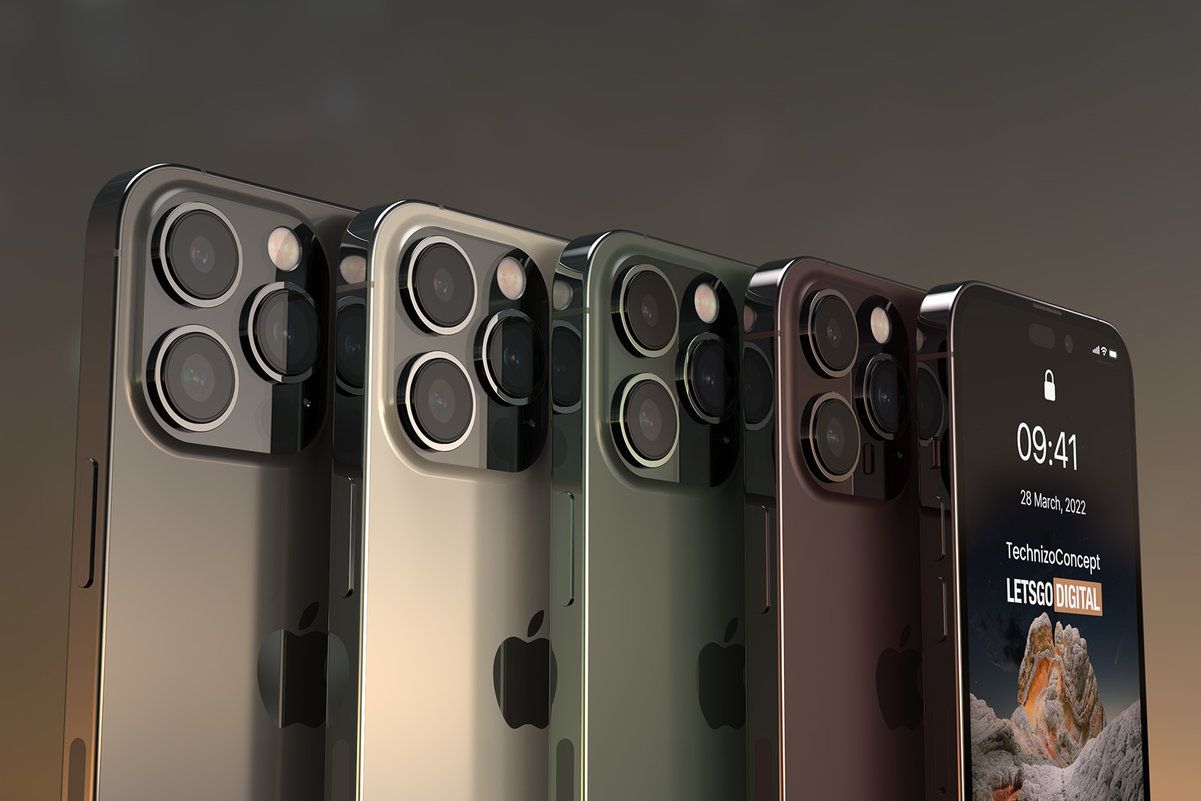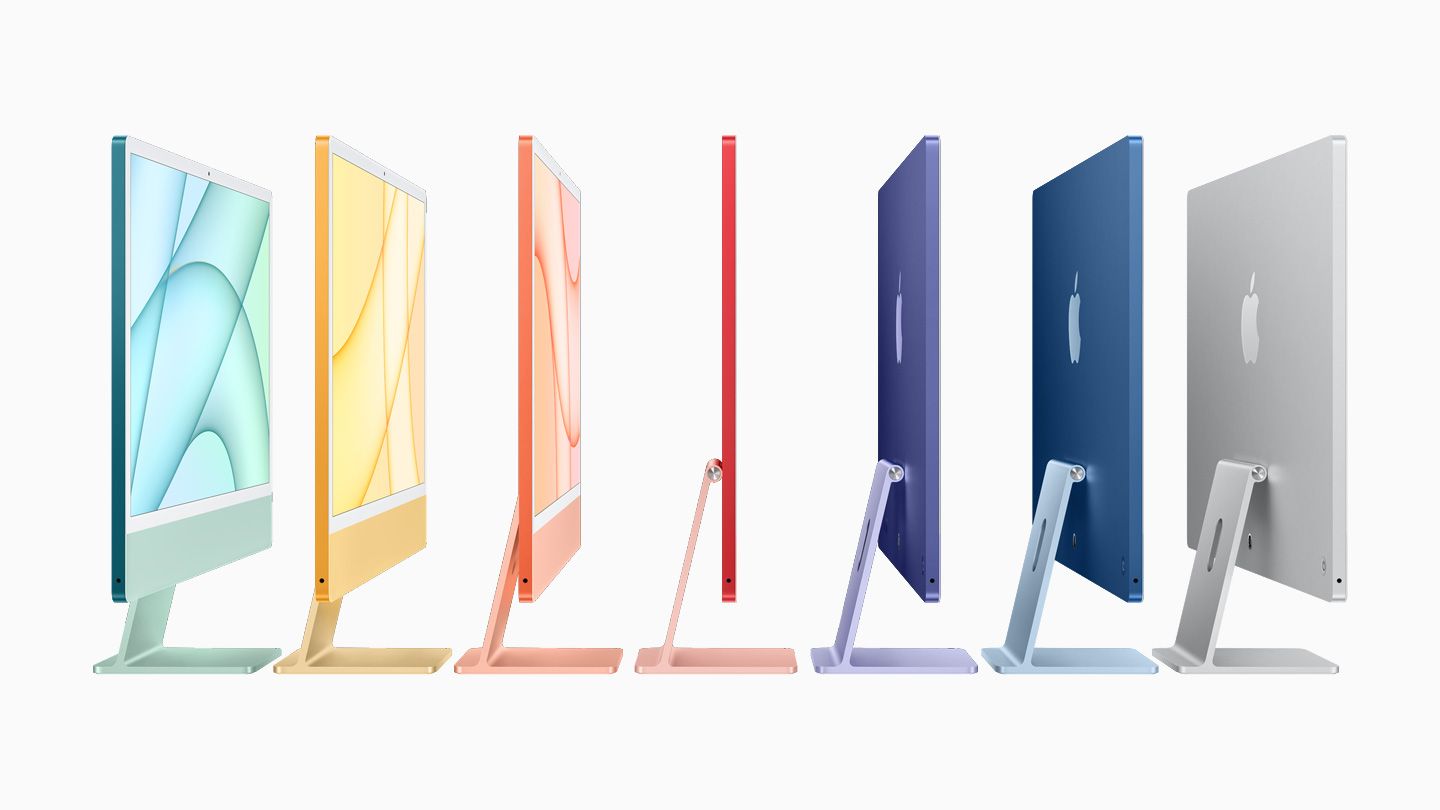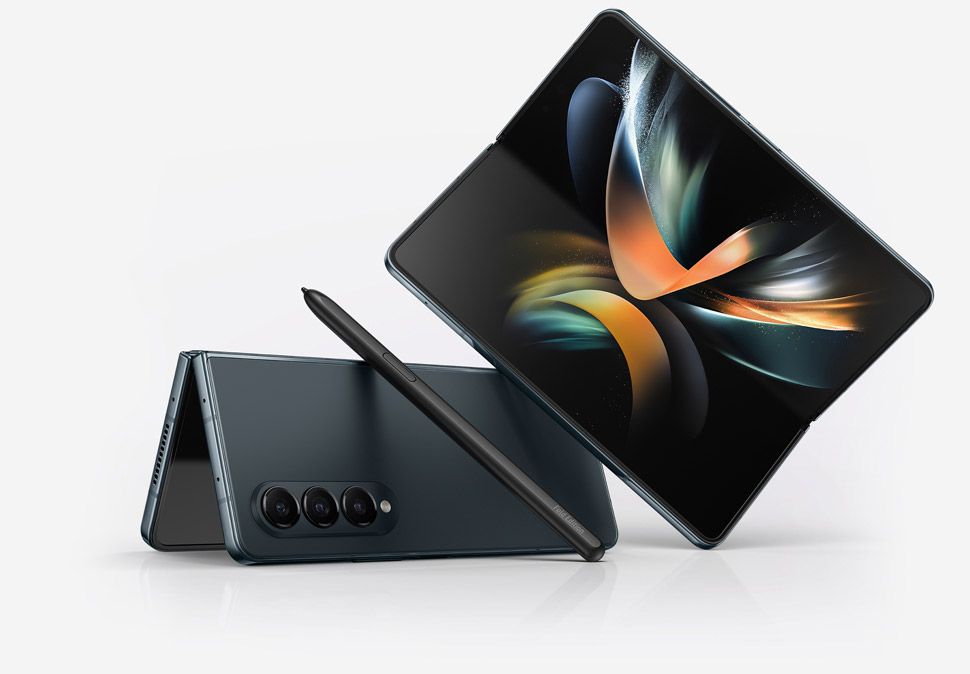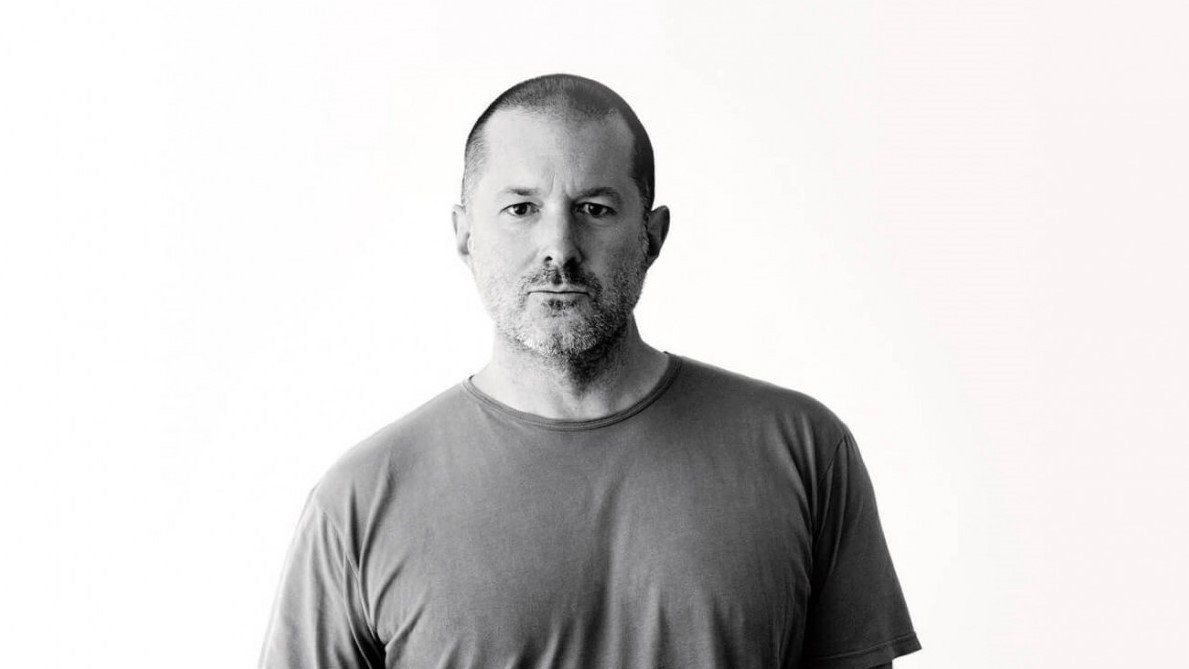What next for the iPhone?
When you've got a phone range that looks great, feels great, and does everything you want, where do you go next?

On 7th September, Apple will once again open up to the world at Cupertino and is expected to announce the launch of the iPhone 14 range. It's also anticipated that new Apple Watches will drop, and potentially something else – M2 iPad Pro?
As an industry, smartphones are reaching a tricky point in time. The vast majority of the features that people want are already there: the cameras are already great; the screens look and feel fantastic; the battery life is impressive.
So, when you've got a phone range that looks great, feels great, and does everything you want, where do you go next?
That's the conundrum facing Apple. It's a good long while since the iPhone did anything particularly innovative. Sure, it's probably got the best battery life on the market. Its ecosystem – if you're invested – is without parallel. But for a company famed for innovation, it's not done a genuinely breathtaking"Oh, and one more thing..." moment for quite a while. I suppose one exception to this would be the genuinely transformative power of the M1 chip on desktop and laptops. The new iMac, Macbook and Mac Studio ranges powered by the Apple proprietary chipset are probably the most innovative releases from Apple's computing space in a long while. Still, generally speaking – and certainly in the mobile market – it's been a case of iteration over innovation.

And there's nothing wrong with that. We're blessed with a plethora of fantastic phones from multiple suppliers these days. The range of options, features and affordability has probably never been this good.
Apple's business performance over the past decade and a half has been driven by iPhone. In the early years it was synonymous with innovation – pioneering the smartphone product and making it easily accessible to the masses. In more recent years, it's widely considered to be synonymous with quality, consistency and being expensive!
Whether quality and consistency is enough to allow them to maintain their market share is an interesting question. If it's true that innovation has dried up, then in theory Apple's competitors will struggle to overtake them. However, I'd argue that Samsung is continuing to sacrifice a little bit of brand reputation to aggressively pursue the fledgling foldables market.
After the first releases were widely treated with amusement, Samsung are starting to churn out some genuinely impressive devices that – most importantly – users are starting to see as daily drivers rather than experimental projects. Take the Galaxy Z Fold 4 for example, a phone that even drew some praise from The Verge – a publication notoriously sceptical about foldable phones.

It's very Apple-y to let your competitors do the groundwork publically whilst doing their own development under lock and key, only to ride into the town a few years down the line and triumphantly declare that you've revolutionised everything and done it better. The problem is, Apple usually have done it better.
If Apple do end up releasing a foldable iPhone, it's likely still years away. According to Jon Prosser, there are two different kinds of foldable iPhones in development – similar to the Samsung fold and flip range. Patents also show that they've been working on some technologies relating to foldable phones, but the truth is the rumour mill is just so quiet that it's unlikely there's anything imminent.
Even if Apple do swing by and bring out a world-beating foldable phone, is that really the pioneering direction that the iPhone moves in? Does it really solidify Apple's market share? Most importantly, does it allow them to start eating into Android's worldwide share?
It's true that foldable sales are rising, with Q1 2022 foldable smartphone sales up 571% on Q1 2021. This likely reflects the improved quality and usability of the product. Nonetheless, it currently represents 2.2 million units out of the 311.1 million units sold in Q1 2022 more generally – less than 0.7%.
I have no doubt foldable smartphones' share of the market will continue to increase, but it would need to be very hefty for Apple's move into that niche to provide a meaningful upturn in profitability.
So, where does the iPhone need to go?
I don't think there's many places it can go, and trying to perpetuate an annual release cycle in the manner of years gone by may well be Apple's undoing.
While other mobile manufacturers produce a wider range of phones, Apple sticks very firmly to one design per year (well, two if you count the iPhone SE, but it's effectively a recycled older design). That means that if you get it wrong, all your eggs are effectively in one basket.
That in itself may be part of the reason that recent iPhone releases (at least since the 12) have been pretty iterative. They're building on tried, tested and well received progress. But it doesn't leave very much room for experimental innovation.
Likewise with software. Under Tim Cook's leadership, and with the departure of Jonny Ive. in 2019, the software designs on iOS have moved steadily further away from the usability-first that Steve Jobs insisted upon. I did think when the M1 iMacs were released that they had Ive's style all over them. It later transpired that he was involved in their design, despite having left the company. As Apple have now ended their consulting agreement with Ive last month, a break from his design philosophy seems pretty guaranteed.

Having beta-tested iOS 16, I do like the feature set. However, previously straightforward features like Wallpaper setting and home screen layouts have become infinitely more complicated by becoming tied in with Focus Modes, the introduction of lock screen widgets and the extra complexity being added to placate the widespread demand for more customisation.
The problem with that is that iPhone never needed customisation before. Android already gave (and still gives) way more functionality and customisation than Apple is likely to provide in the next ten years. And in striving to provide more, Apple runs the risk of alienating some of its core users – non-techy people who find Android phones too confusing.
Now, I appreciate that 75-year old Deirdre from Basingstoke isn't rushing out to buy the iPhone 14 Pro Max, but it's likely it'll be a hand-me-down in a few years time. I do fear that Apple are baking in some issues for a few years down the line. That said, it's software, there's plenty of time to sort it out before then.
I don't think the iPhone is in trouble longer-term. However, I don't think it can be seen as central to Apple's overall success. And I think Apple does, too. The increasing diversification into services with Apple Fitness, Apple TV+, Apple News, Apple Music... the list goes on. This is a company that realises that the "all eggs in one basket approach" is fine when you've got plenty of exciting new eggs coming down the track, but if you're just shipping the same eggs over and over again? Time to get some new baskets.
Apple's next game-changer won't be a phone. It's not going to be a watch. It'll probably be something in the VR or automobile sectors, where the competitors really haven't got to grips with it yet. It's primed and ready for Apple to swing by with a real innovation.
As for the iPhone? It's not going anywhere. It'll continue to release each year and be a key part of the Apple ecosystem. I suspect that the days of the "new iPhone" being the talk of the town, however, are over.

